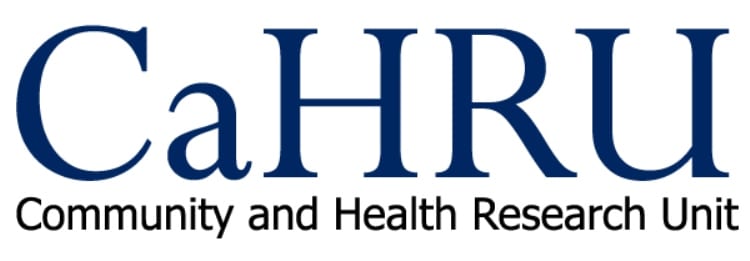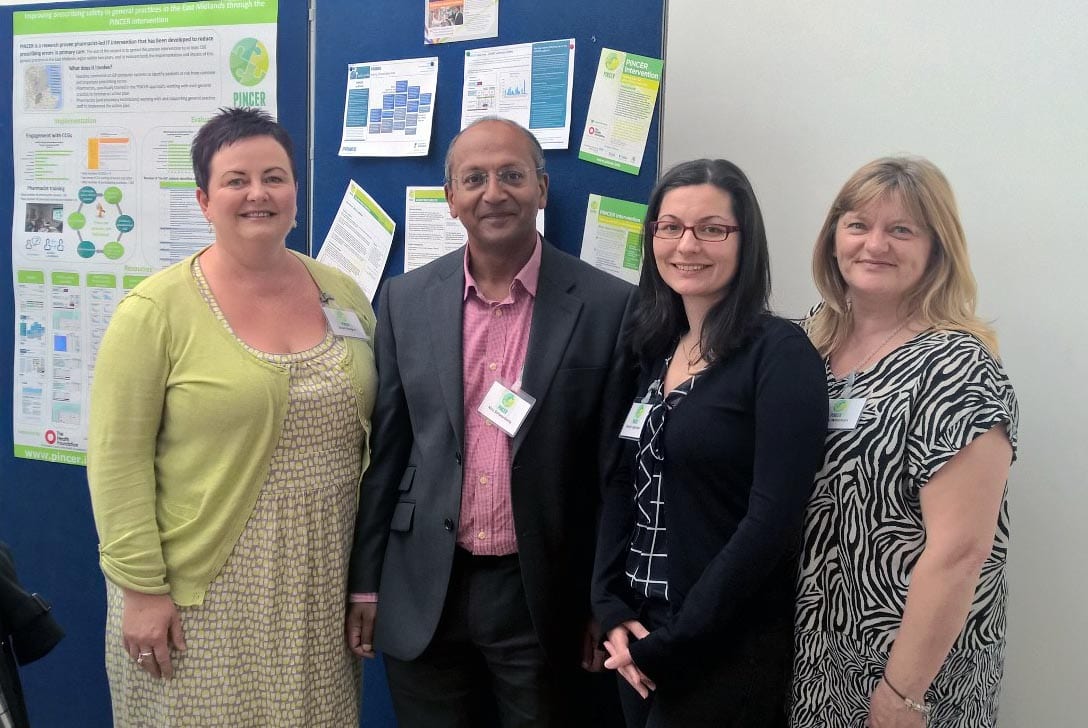CaHRU/LIH seminar: Quality Improvement Collaboratives – theory design and effects

The latest in the CaHRU and Lincoln Institute for Health Improvement Science and Research Methods seminar series was given by Professor Siriwardena on ‘Quality Improvement Collaboratives (QICs): theory design and effects on 28 February 2018. The CaHRU team have led Continue reading CaHRU/LIH seminar: Quality Improvement Collaboratives – theory design and effects


